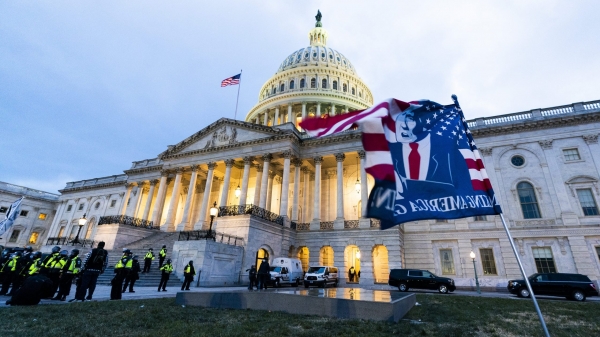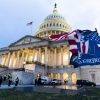By Brandon Moseley
Alabama Political Reporter
Governor Robert Bentley issued a written statement on the first round of Gulf Coast restoration projects. The statement Wednesday praised the work of a multi-state and federal council that has finalized the plans.
Gov. Bentley said, “These projects are part of our comprehensive efforts to address the impact of the oil spill on our state, its resources, and its people. Alabama’s coast is one of the state’s greatest natural treasures, and our efforts will continue to see that all of the damages we have sustained are properly addressed.”
The first round of projects, in Alabama, includes a Marsh Island restoration project in Mobile County, and a dune restoration project benefiting portions of the Baldwin County coastline. Funding for the projects comes from a $1 billion agreement with British Petroleum (BP) to fund initial restoration efforts. Coastal areas in the Gulf of Mexico continue long-term recovery from the effects of the oil spill on April 20, 2010, when the Transocean Deepwater Horizon drilling rig exploded killing 11 men. The massive blowout of BPs Macondo Prospect wellhead released 4.9 million barrels of oil into the Gulf before it was successfully capped. The estimated total volume of oil at the Macondo Prospect was 50 million barrels. An estimated 491 miles of the Florida, Alabama, Louisiana, Mississippi, and Texas coast were impacted by the spill. The well was officially sealed on September 19, 2010. At one point 37% of the Gulf was closed to fishing because of this disaster. The final government report blamed BP, Halliburton, and Transocean for the accident.
Cooper Shattuck is a legal advisor to Governor Bentley and chairman of the Deepwater Horizon Natural Resource Damage Assessment Trustee Council’s Executive Committee. Chairman Shattuck said, “We are confident that the projects will help achieve our goal of healing the Gulf’s ecosystem. This is an ongoing effort, and we expect to announce additional projects in the near future.”
The Alabama coastal restorations are part of the “Deepwater Horizon Phase I Early Restoration Plan & Environmental Assessment” that was released on Wednesday.
The Mobile County Marsh Island project involves protecting 24 acres of existing salt marsh and building another new 50 acres of adjoining salt marsh including 5,000 feet of tidal creeks. The cost of this project is estimated to be $9.4 million. The Baldwin County sand dune project will restore and protect 55 acres of sand dunes for the endangered beach mouse. The beach mouse project is estimated to cost $1,145,976. A total of eight projects were approved in Phase I in the five affected states. Other Phase I projects will also begin in in Florida, Mississippi, and Louisiana. The Committee is working on identifying additional projects for future funding in the second phase of the restoration plan.
There will be a series of meetings where the public will be allowed to comment on the second round of Gulf Restoration projects. These meetings will be scheduled at a later date. More public comments will be accepted online and thru traditional paper mail.
To read Governor Bentley’s remarks in their entirety:
http://governor.alabama.gov/news/news_detail.aspx?ID=6367
To download the entire Deepwater Horizon Phase I Early Restoration Plan





















































